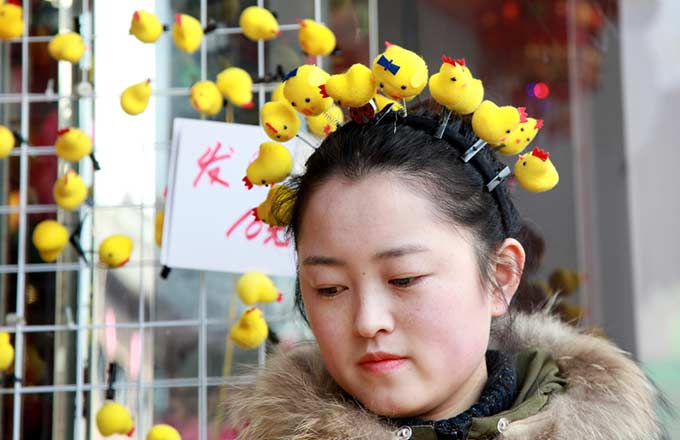Fake data to be punished, official says
Vice-Premier Zhang Gaoli urged local governments on Wednesday to improve the credibility of statistics, because falsified data can mislead policymakers in their plans for economic development.
Zhang called for local governments, especially at the provincial level, to improve their accountability in compiling data.
He said officials face demerits in their performance evaluation, which would deny them promotion, if they are found responsible for fake statistics.
Zhang stressed the need to enhance law enforcement and make good use of merit systems for companies and individuals to raise their awareness of authenticity and integrity of public data.
His comments were made during a visit to the National Statistics Bureau and followed Liaoning province's admission in its annual government report in January that it falsified statistics from 2011 to 2014.
The province had inflated fiscal revenue statistics by about 20 percent and faked some other economic data during those four years, People's Daily reported in January.
"Shouldering the weight of the shame we have brought on ourselves, we have removed the exaggerated data and corrected the 2015 fiscal figures, while trying hard to make all the other economic statistics accurate since 2016," said Chen Qiufa, governor of Liaoning.
The province had 219.9 billion yuan ($32 billion) of fiscal revenue in 2016, a year-on-year rise of 3.4 percent.
Liaoning is aiming for 5 percent fiscal revenue growth this year, according to its annual report.
Three days after Liaoning's falsified data revelation, NBS chief Ning Jizhe said at a news conference that the national statistics are reliable. China's GDP grew by 6.7 percent in 2016.
Zhou Muzhi, a professor of economics at Tokyo University, suggested local governments give up exclusively pursuing economic growth and pay more attention to environmental and social welfare to achieve more balanced development.


















